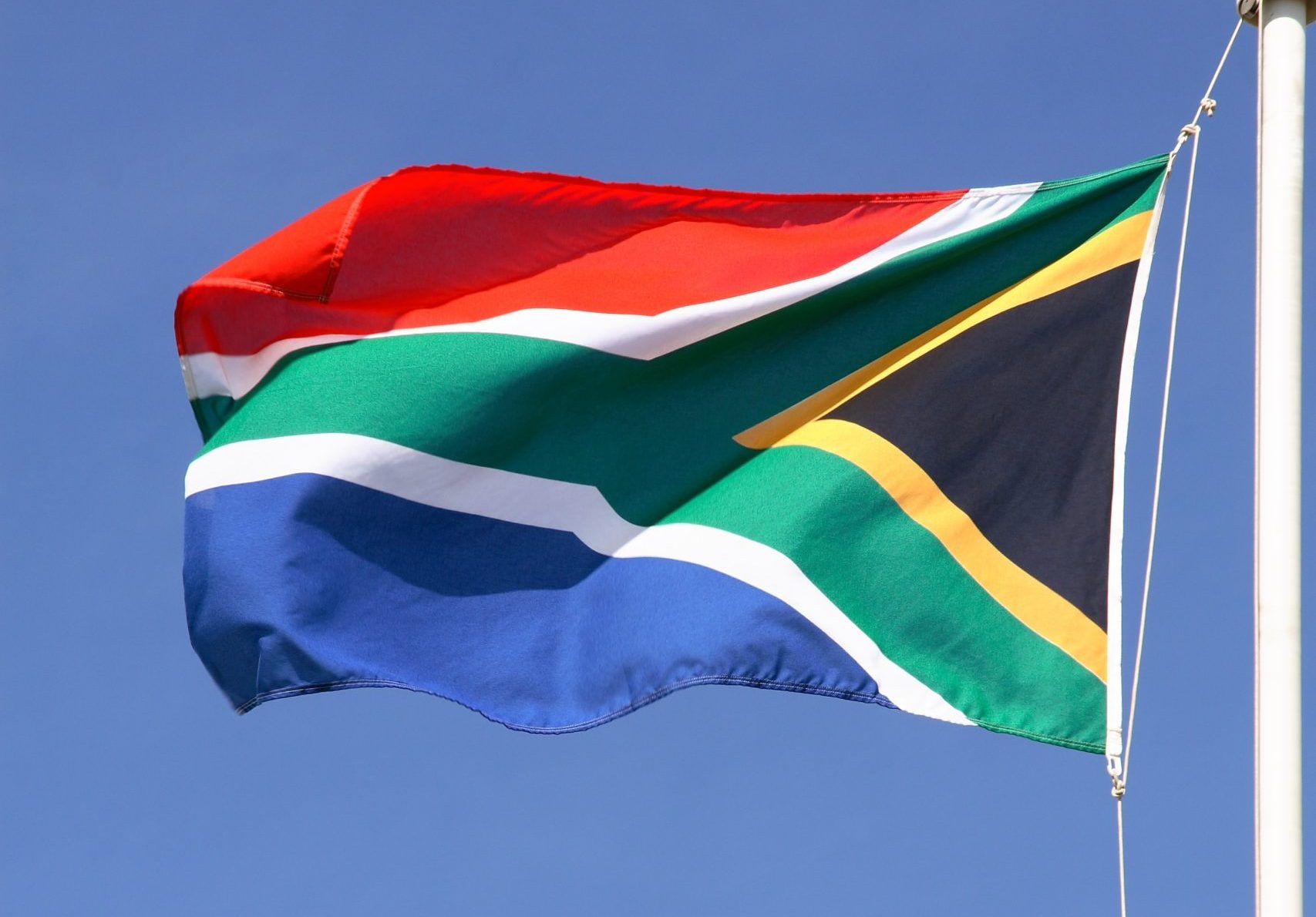Hope on the horizon
We are currently in the midst of one of the moments in history when the entire global community has been dealt a collective blow with the outbreak of COVID-19. The world has, at various times over the past year, been brought to a standstill in the face of this invisible threat. Yet as with previous global calamities, we have proven to be resilient, and there is once again hope on the horizon as significant progress has been made in the development and distribution of a vaccine. The global spread of COVID-19 and the collective effort to contain the ensuing damage it has caused have not only uncovered the vulnerabilities we face in terms of the global healthcare infrastructure, but have also underscored the urgency with which we need to act to address the poverty and inequality that prevails across the world.
The pandemic has led to an increase in the demand for medical goods, with many countries facing shortages and unable to respond effectively to the virus. This inequality in resources has adversely affected the global value chain and starkly exposed the lack of capacity of many countries, particularly developing countries, in manufacturing, procuring and distributing medical goods and vaccines.
South Africa is among Africa’s most adversely affected countries, with more than 1.5 million confirmed cases of COVID-19. The growing numbers, coupled with the discovery of the new variants of the virus, have placed great pressure on the national healthcare system and caused significant loss of lives and livelihoods. South Africa has taken delivery of the first consignment of the vaccine and has begun its staggered rollout, starting with front-line health workers and the most vulnerable.
During my tenure as the chair of the African Union in 2020, I had the honour to be elected as the co-chair of the Access to COVID-19 Tools Accelerator and COVAX COVID-19 Vaccines Global Access Facility alongside Prime Minister Erna Solberg of Norway. This facility allows for a more coordinated way to pool our resources to fight the pandemic. To date, $11.1 billion of ACT-A’s required $38.1 billion budget has been committed. We implore more countries to invest substantially in this initiative to avoid vaccine nationalism and enable the mass procurement and distribution of COVID-19 vaccine supplies around the world.
As a result of this global health crisis we have been able to gain insight into the devastating consequences of climate change. Parallels can be drawn between the two as both transcend borders, both affect the poor disproportionally and both require concerted collective government action to overcome. Climate change is a shared priority of the G7 and the G20, and work needs to continue to raise the ambition and commitments to improve energy efficiency, reduce emissions of greenhouse gases, safeguard the environment and protect biodiversity. The G7 Cornwall Summit will pave the way towards the 26th Conference of the Parties later this year in Glasgow, Scotland.
South Africa, along with the developing world, anticipates that the United Kingdom as co-host of COP26 will advance the pillars of mitigation and adaptation of the Paris Agreement with equal measure. The global energy transition should be mindful of the socio-economic impact on developing countries. It should ensure that commitments by developing countries are achievable and undertaken in the context of a balanced and comprehensive package, which includes the means of implementation through technical support and capacity building in accordance with national circumstance South Africa remains committed to strengthening the multilateral system of global governance and will continue to advocate for an equitable and rules-based international political and economic order. South Africa calls for continuity in building and advancing a common agenda between the countries of the South and the North. The economic recovery plans of the COVID-19 pandemic should be consistent with the 2030 Agenda on the Sustainable Development Goals and the Paris Agreement on climate change and must also address long-term development deficits and create resilient economies and societies, with a central role for locally available renewable energy resources.












